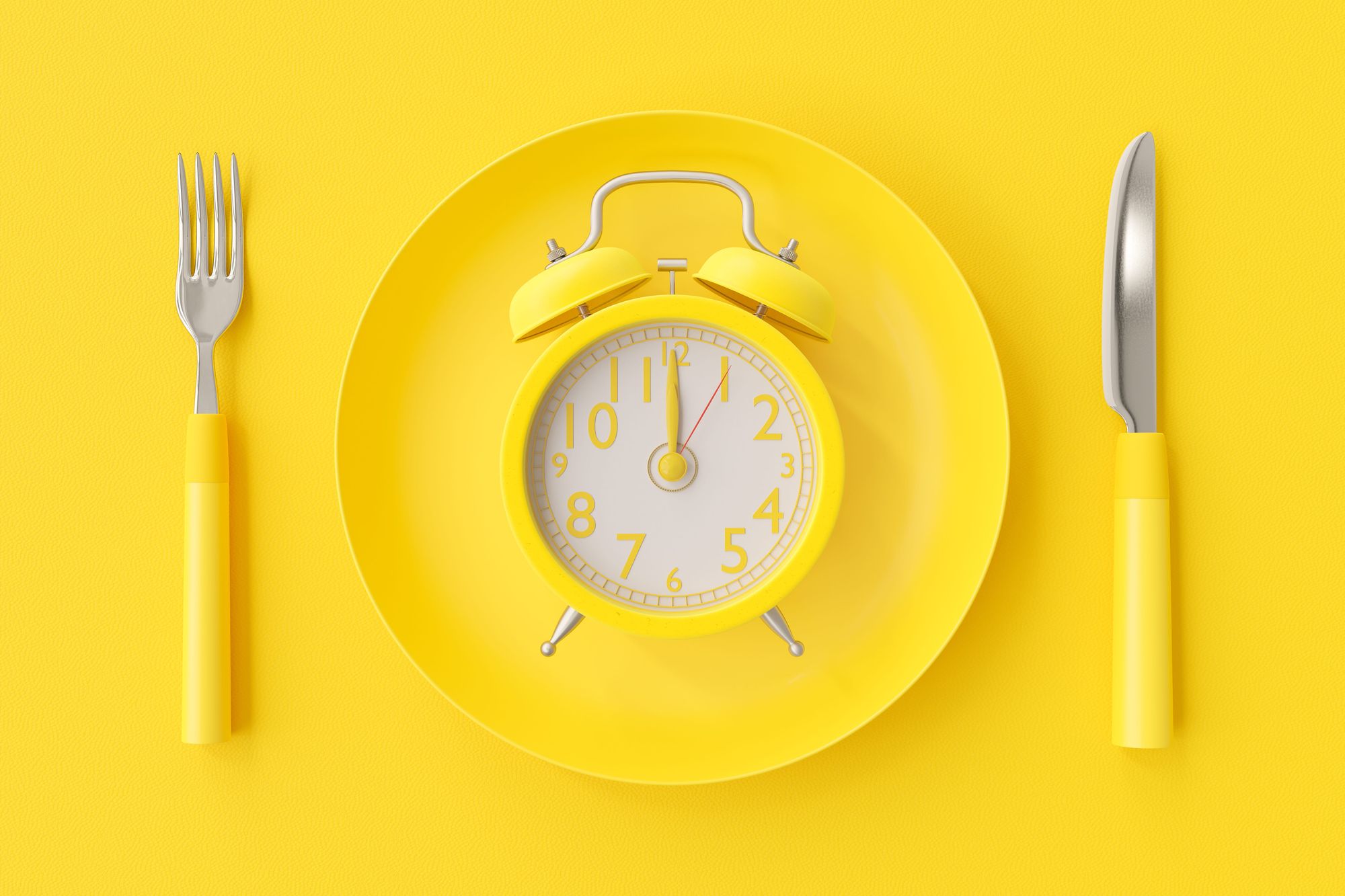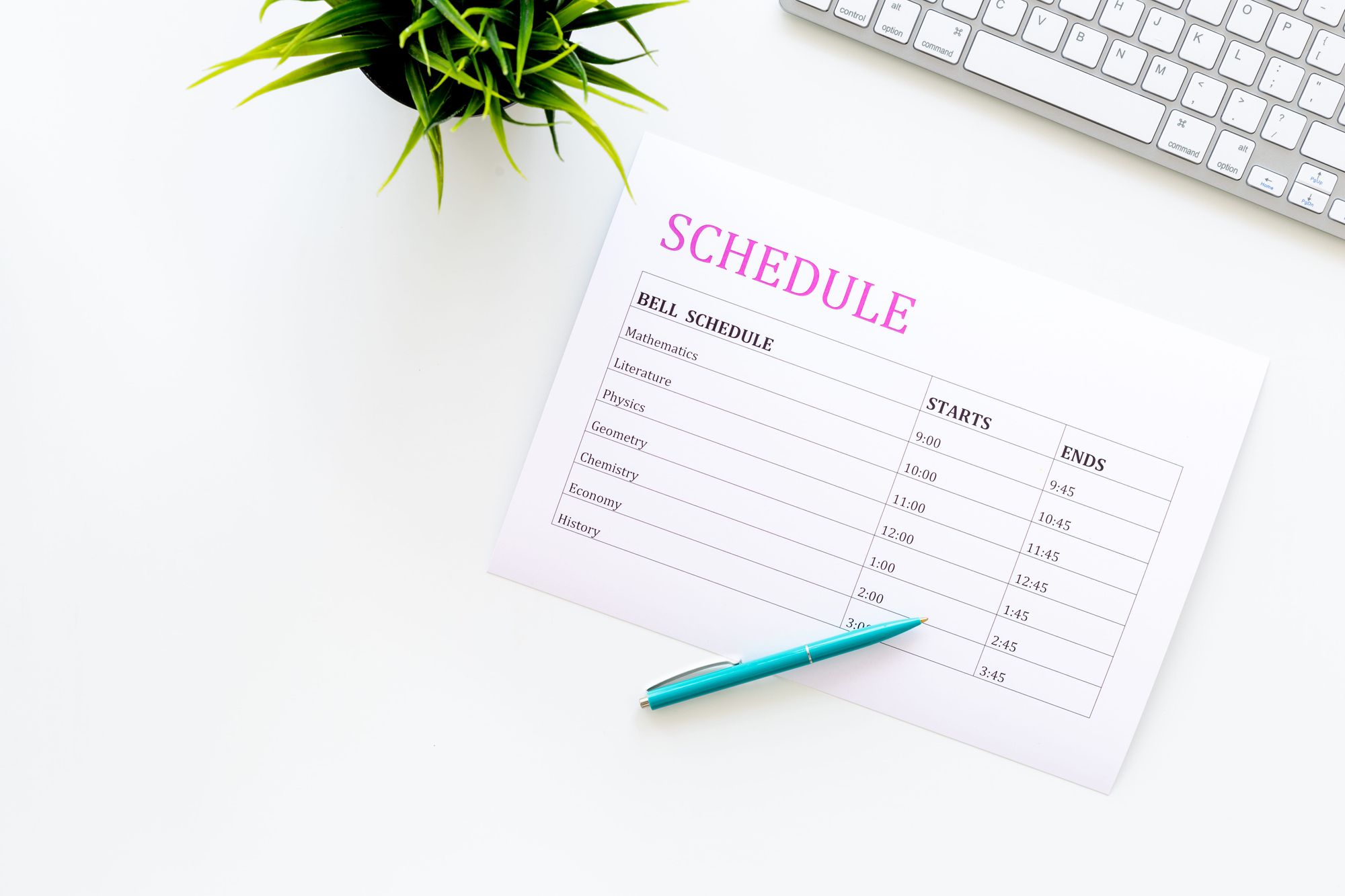COVID-19 has affected every part of our lives.
The uncertainty surrounding the pandemic and the sudden thrust into a new normal can have a significant impact on our mental wellbeing – affecting our sleep schedules, exercise routines, and more.
Creating and maintaining a normal routine is crucial for improving our emotional and mental health during this uncertain time. Studies show that people with an active daytime routine enjoy improved mental wellness in comparison to those who do not have a set schedule.
When crafting your routine, make sure to keep the following components in mind.
#1: Keep Your Sleep Schedule Consistent
Waking up and falling asleep at the same times each day is extremely important for our mental wellbeing. When creating your schedule, prioritize your sleep hygiene.
Our sleep and wake times have a direct impact on our circadian rhythm, regulating our body’s internal clock and our physical, mental, and behavioral thoughts and actions. Too much or too little sleep can have a significant impact on our health, leading to increased risks for chronic diseases, obesity, and higher stress levels.
In your daily routine, identify a bedtime and a wake time, and stick to it. Make sure to schedule at least 7 to 9 hours of sleep each night.
#2: Schedule Workout Times
Regular exercise is extremely important for our mind and body. During COVID-19 isolation, it is very easy to let our usual workout habits slip – we can’t go to the gym and it can be difficult to maintain social distancing while exercising outdoors.
However, there are many indoor and at-home workouts you can engage in to stay active and healthy – the trick is to schedule enough time to complete them.
The Centers for Disease Control and Prevention (CDC) recommend that we get at least 30 minutes of moderate intensity aerobic activity per day, along with 2 strength-training sessions per week.
Set aside at least 30 minutes each day for some heart-pumping activities. Try squats, jumping jacks, freestyle dancing, or running up and down the stairs. You can also invest in an active video game, an at-home exercise program, or find a workout playlist on YouTube.

#3: Honor Your Usual Meal Times
During isolation, it can be very easy to fall into unhealthy eating patterns: snacking throughout the day instead of eating full meals, eating at irregular times, reaching for easy meals full of fat, sugar, and sodium instead of fresh ingredients…
However, these habits can cause serious harm to your health, pumping your diet full of unhealthy foods instead of the nutrients you need and leading you to consume more calories than usual.
Stay on top of your eating habits by honoring your usual meal schedule. Eat a healthy and balanced breakfast, take your usual lunch break, and eat dinner at your normal time. If you want to snack, focus on snacking on fresh, whole foods and scheduling 1 to 2 snack breaks per day.
#4: Prioritize Cleanliness
Outside of relaxation time, it is also important not to let your usual self-care habits slip. Maintaining a clean environment and a clean body can help improve mental health, and a routine disruption can easily allow these habits to slip away.
Scheduling 30 minutes each day to freshen up can make a major difference in your daily productivity. Remember to take regular showers, put on clean clothes and do laundry, and keep your home tidy.

#5: Don’t Forget the Kids
If you have children at home, it can feel overwhelming to balance work, home, and school, all at the same time. Keeping your children on a scheduled routine can help you avoid the chaos and keep them busy. Incorporate school, work, and play for maximum benefits.
- Start and end schoolwork at the same times each day, and keep an eye on your child’s distance learning schedules.
- Designate regular breaks for your children. Try scheduling a 15 to 20-minute break in the morning and a hour-long lunch break in the afternoon – bonus points if you follow their school’s bell schedule!
- Create a chore chart for your children to help you with household tasks. Assign each child a handful of chores each day, and schedule a time in their routine for them to work.
- Kids need free time too! Make sure to include time for play, catching up with friends, or even playing video games to keep your kids happy and socially engaged.
Routines and COVID-19
If you are experiencing an upset in your daily life due to COVID-19, creating and maintaining a regular routine can help get your mental health back on track.
Make sure to schedule enough time during the day for essential activities, such as exercising, sleeping, and taking care of yourself. With a solid routine, you can better protect your mental health – allowing you to better cope with the state of the world.
Stay healthy!





